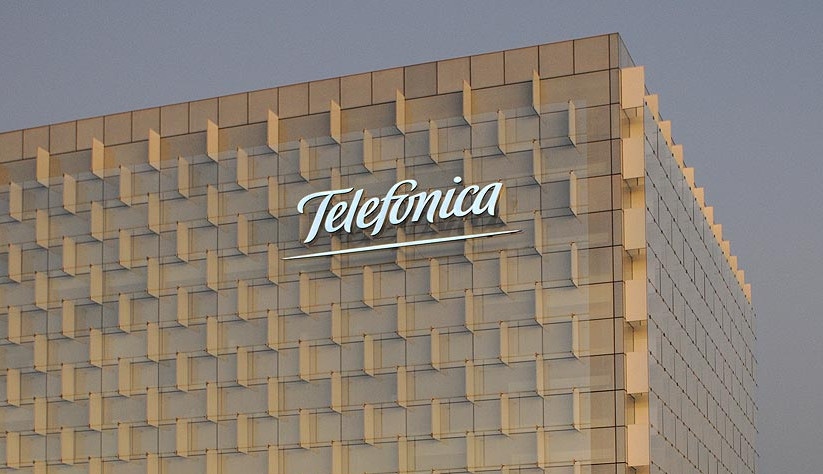Telefonica reveals damage dealt by COVID-19 to financials
Most telecoms operators would have felt the pinch of the coronavirus pandemic, but it appears Telefonica is wearing bigger bruises than the majority.
July 30, 2020

Most telecoms operators would have felt the pinch of the coronavirus pandemic, but it appears Telefonica is wearing bigger bruises than the majority.
Total revenues for the six-month period to June-end declined 10% year-on-year, while the second quarter, the three months of dramatic societal changes, saw revenues slashed 14.8%. Spain was one of the most severely impacted regions in Europe, but the pain has been spread throughout the telcos international footprint.
“Telefónica delivered a resilient performance in a quarter marked by the COVID-19 crisis, as we contained the impact on our revenues through strong operational management, cost control and CAPEX management,” said CEO José María Álvarez-Pallete.
Impact of COVID-19 on Telefonica operations by market (in millions, €) |
Market |
Revenue |
Spain |
UK |
Germany |
Brazil |
HISPAM |
Over the first six months of 2020, Telefonica estimates COVID-19 cost the business €806 million. This represents a 3.4% impact to organic growth, though the 10% year-on-year decline for revenues in H1, and 14.8% drop in Q2, is a difficult one for the executives to explain away.
Irrelevant as to how much of a positive spin you put on the figures, or if you launch a new digital strategy at the same time, Telefonica has been damaged more by COVID-19 than other telecoms operators who have reported results to date.
In Qatar, Ooredoo reported a 7% decline during the second quarter. Verizon’s revenues dropped 5.1%. AT&T saw an 8.9% dip. Vodafone’s results saw 2.6% lost to COVID-19, and KPN revenues were 4.9% lower. There are more to come, and while we suspect there might be a few more shocks, Telefonica’s financials are looking much more fragile than other telecoms operators.
Alongside these results, the Telefonica team has also unveiled a new strategy where it has promised to lead Spain into the 5G era and also achieve 100% full fibre broadband deployment by 2025.
“Now, more than ever, we need a Digital Deal that reflects the contributions, aspirations and desires of society as a whole. We now have a unique opportunity to fully enter into the Fourth Industrial Revolution and achieve effective cooperation between governments, business and civil society. This is the path to a more sustainable, fair, inclusive and digital society,” said Álvarez-Pallete.
About the Author(s)
You May Also Like








.png?width=300&auto=webp&quality=80&disable=upscale)


_1.jpg?width=300&auto=webp&quality=80&disable=upscale)


.png?width=800&auto=webp&quality=80&disable=upscale)